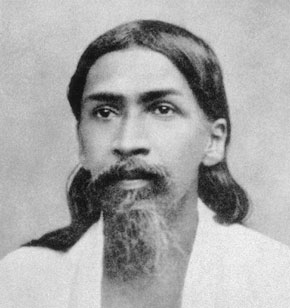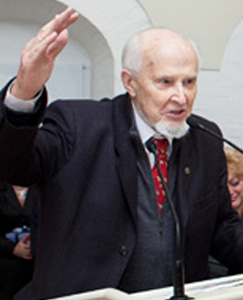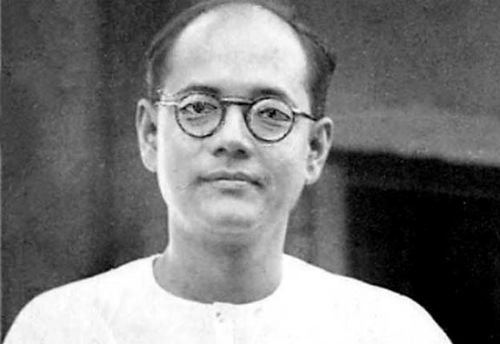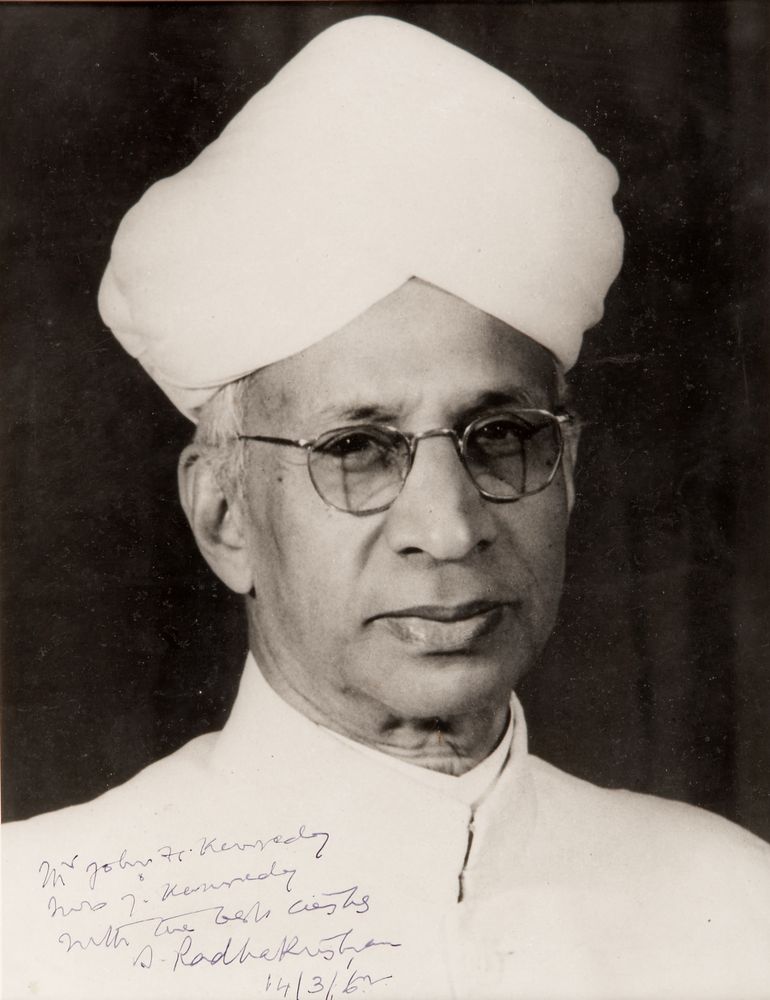“Rooted in the past and full of pride in India’s prestige, Vivekananda was yet modern in his approach to life’s problems and was a kind of bridge between the past of India and her present. … He was a fine figure of a man, imposing, full of poise and dignity, sure of himself and his mission, and at the same time full of a dynamic and fiery energy and a passion to push India forward. He came as a tonic to the depressed and demoralized Hindu mind and gave it self-reliance and some roots in the past.
I do not know how many of the younger generation read the speeches and the writings of Swami Vivekananda. But I can tell you that many of my generation were very powerfully influenced by him and I think that it would do a great deal of good to the present generation if they also went through Swami Vivekananda’s writings and speeches, and they would learn much from them. That would, perhaps, as some of us did, enable us to catch a glimpse of that fire that raged in Swami Vivekananda’s mind and heart and which ultimately consumed him at an early age. Because there was fire in his heart—the fire of a great personality coming out in eloquent and ennobling language—it was no empty talk that he was indulging in. He was putting his heart and soul into the words he uttered. Therefore he became a great orator, not with the orators’ flashes and flourishes but with a deep conviction and earnestness of spirit. And so he influenced powerfully the minds of many in India and two or three generations of young men and women have no doubt been influenced by him. …
Much has happened which perhaps makes some forget those who came before and who prepared India and shaped India in those early and difficult days. If you read Swami Vivekananda’s writings and speeches, the curious thing you will find is that they are not old. It was told 56* years ago, and they are fresh today because, what he wrote or spoke about dealt with certain fundamental matters and aspects of our problems or the world’s problems. Therefore they do not become old. They are fresh even though you read them now.
He gave us something which brings us, if I may use the word, a certain pride in our inheritance. He did not spare us. He talked of our weaknesses and our failings too. He did not wish to hide anything. Indeed he should not. Because we have to correct those failings, he deals with those failings also. Sometimes he strikes hard at us, but sometimes points out the great things for which India stood and which even in the days of India’s downfall made her, in some measure, continue to be great.
So what Swamiji has written and said is of interest and must interest us and is likely to influence us for a long time to come. He was no politician in the ordinary sense of the word and yet he was,I think, one of the great founders—if you like, you may use any other word—of the national modern movement of India, and a great number of people who took more or less an active part in that movement in a later date drew their inspiration from Swami Vivekananda. Directly or indirectly he has powerfully influenced the India of today. And I think that our younger generation will take advantage of this fountain of wisdom, of spirit and fire, that flows through Swami Vivekananda.
Men like Sri Ramakrishna Paramahansa, men like Swami Vivekananda and men like Mahatma Gandhi are great unifying forces, great constructive geniuses of the world not only in regard to the particular teachings that they taught, but their approach to the world and their conscious and unconscious influence on it is of the most vital importance to us. …”
Jawaharlal Nehru (1889-1964)
Famous Indian politician and the first Prime Minister of Independent India. An ardent follower of Gandhiji, he was the architect of India’s foreign policy. He was a prolific writer. Discovery of India, Glimpses of World History, Letters from a Father to a Daughter etc. are his famous publications. He was awarded the Bhàrat Ratna in 1955.







Leave A Comment